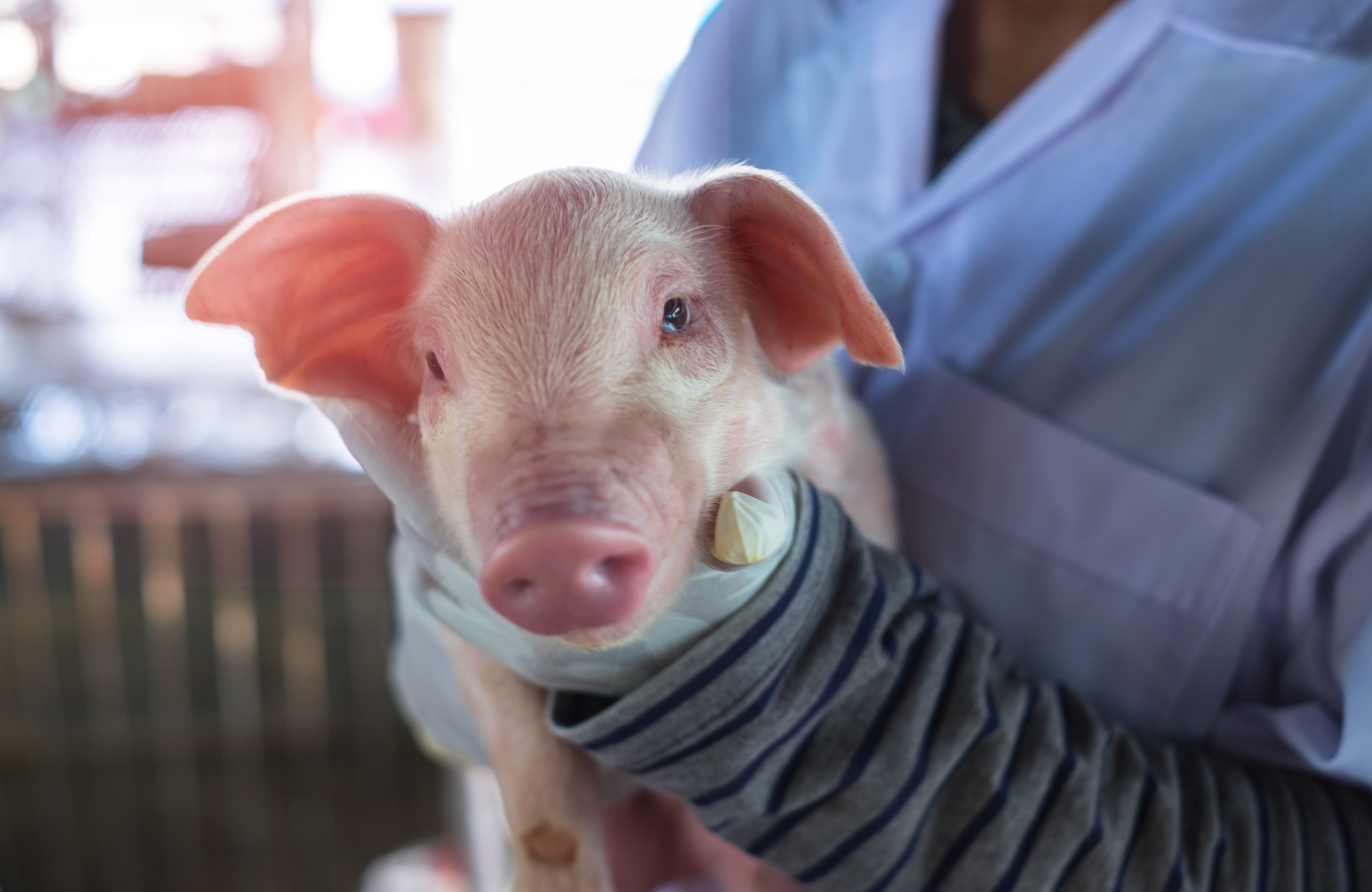



Elon Musk’s Neuralink puts computer chips in pig's brain
Elon Musk’s neuroscience start-up Neuralink unveiled a pig named Gertrude that has had a coin-sized computer chip in its brain for two months.Reuters reports that the successful implantation in the pig’s brain shows a early step toward curing human diseases with the same technology.
Co-founded by Tesla Inc and SpaceX CEO Musk in 2016, San Francisco Bay Area-based Neuralink aims to implant wireless brain-computer interfaces that include thousands of electrodes in the most complex human organ to help cure neurological conditions like Alzheimer's, dementia and spinal cord injuries and ultimately fuse humankind with artificial intelligence.

"An implantable device can actually solve these problems," Musk said on a webcast Friday 28 August, mentioning ailments such as memory loss, hearing loss, depression and insomnia.
Musk did not provide a timeline for those treatments, appearing to retreat from earlier statements that human trials would begin by the end of this year. Neuralink's first clinical trials with a small number of human patients would be aimed at treating paralysis or paraplegia, the company's head surgeon Dr Matthew MacDougall said.
Neuroscientists unaffiliated with the company said the presentation indicated that Neuralink had made great strides but cautioned that longer studies were needed.
Musk presented what he described as the "three little pigs demo." Gertrude, the pig with a Neuralink implant in the part of its brain that controls the snout, required some coaxing by Musk to appear on camera, but eventually began eating off of a stool and sniffing straw, triggering spikes on a graph tracking the animal's neural activity.
Musk said the company had three pigs with two implants each, and also revealed a pig that previously had an implant. They were "healthy, happy and indistinguishable from a normal pig," Musk said. Musk said the company predicted a pig's limb movement during a treadmill run at "high accuracy" using implant data.
Graeme Moffat, a University of Toronto neuroscience research fellow, said Neuralink's advancements were "order of magnitude leaps" beyond current science thanks to the novel chip's size, portability, power management and wireless capabilities.
Some researchers said longer studies would be required to determine the longevity of the device.
Neuralink's chip could also improve the understanding of neurological diseases by reading brain waves, one of the company's scientists said during the presentation.






